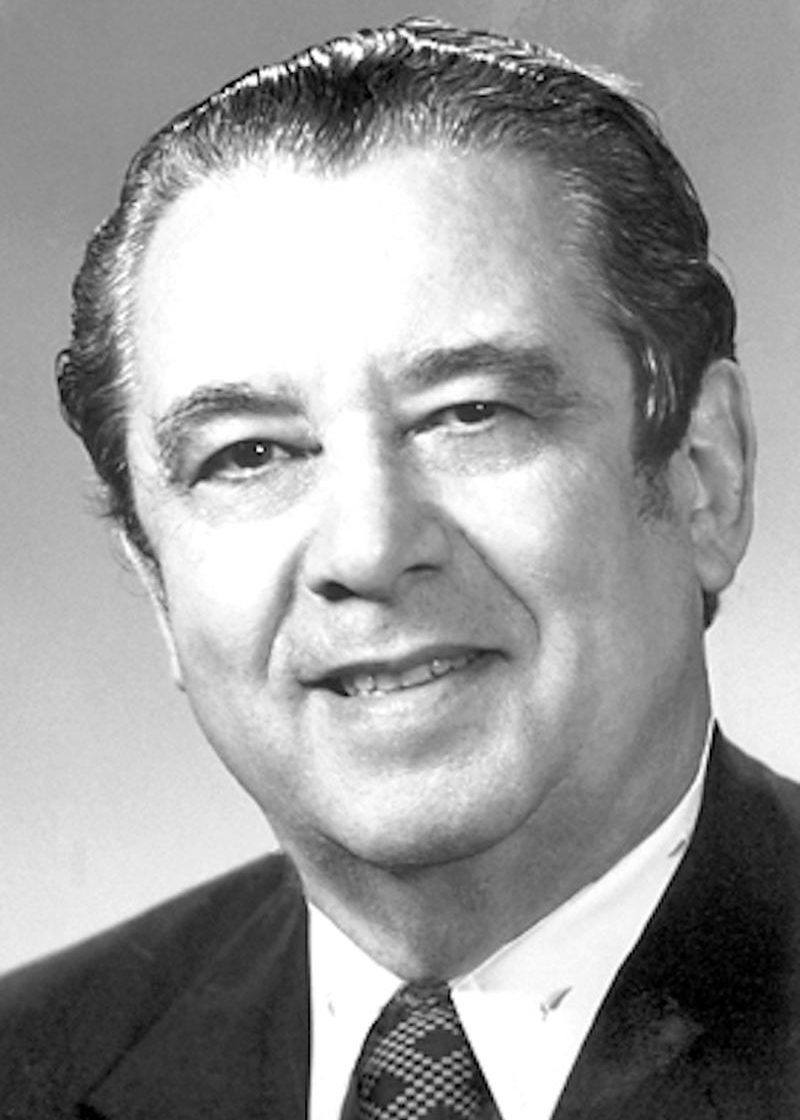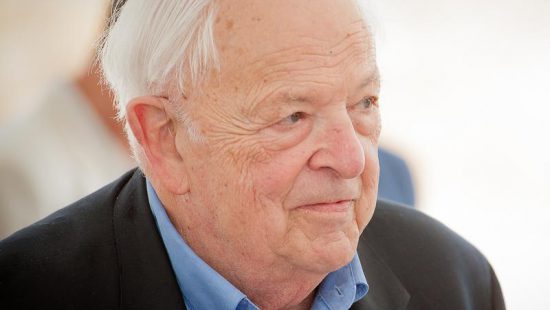Throughout the economic uncertainty of the mid-20th century, Herbert C. Brown drifted in and out of organized education, skipping years of high school to run the hardware store his father opened before his death.
Selling shoes to pay his way, Brown eventually earned a bachelor’s degree from the University of Chicago. For his graduation, his future wife Sarah gave him the book “The Hydrides of Boron and Silicon.”
The gift sparked an interest in Boron that would define his career at Purdue University, where he taught inorganic chemistry and researched Boron hydrides, combinations of Boron and Hydrogen.
His research yielded ways to synthesize molecules containing carbon, contributing to the development of organoboranes, molecules used to make drugs and other chemicals at a lower cost.
Brown won the Nobel Prize in 1979, never turning down an opportunity to point out a big coincidence: The primary elemental symbols used in his research – H, C, and B – are also his initials.







